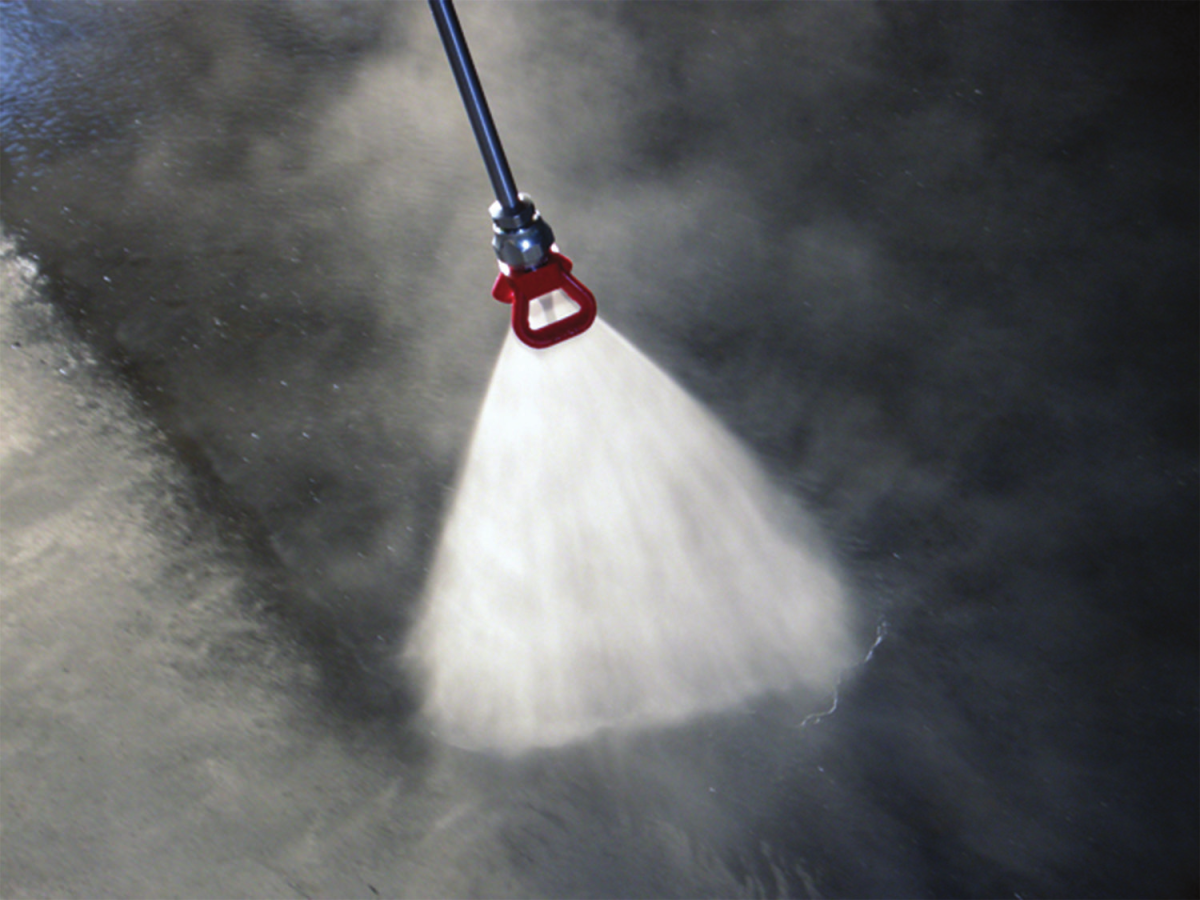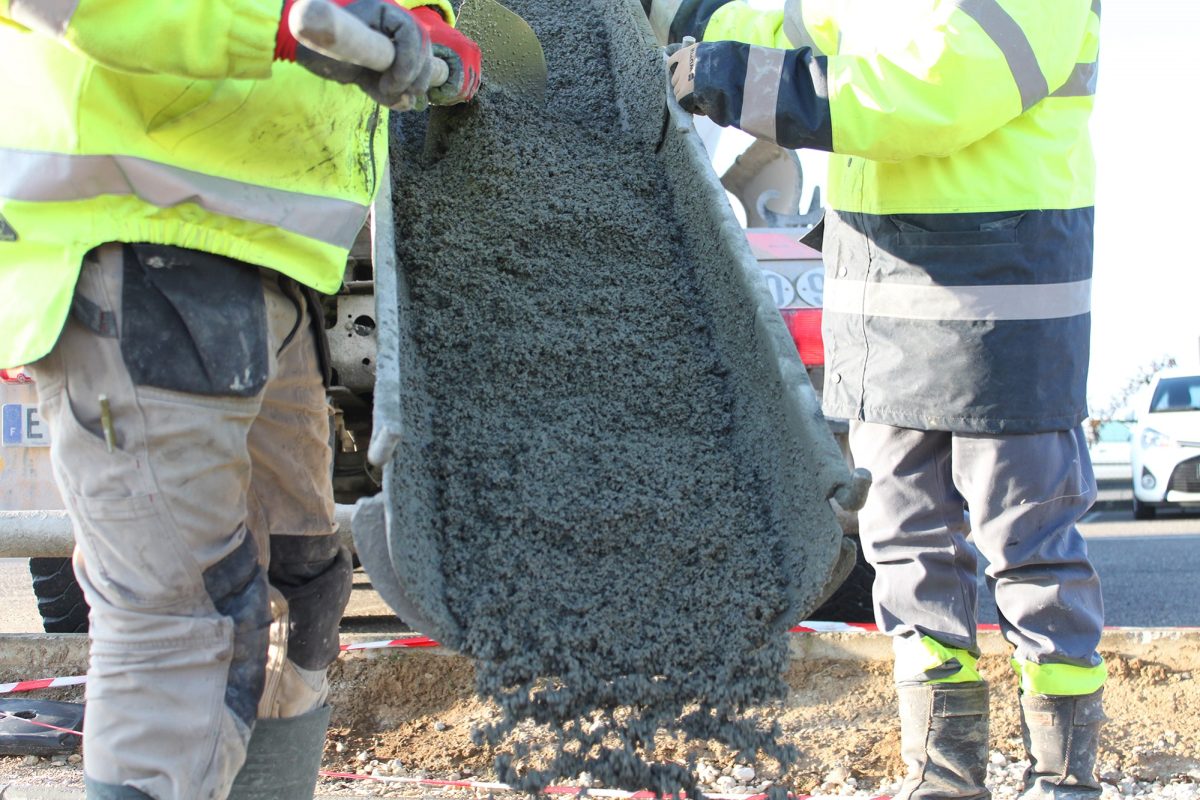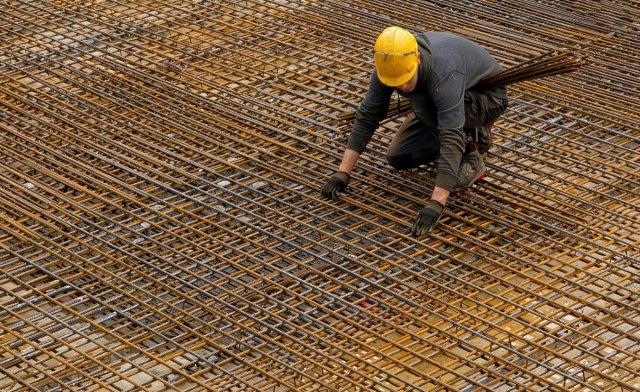
Spray-Lock Concrete Protection (SCP) technologies are being used widely in South Africa as a cutting-edge waterproofing strategy.
Developed in the United States by Spray-Lock Concrete Protection to provide enhanced concrete durability, protection, and performance, SCP is a colloidal silica/post placement pozzolan one-time treatment that penetrates the concrete matrix, reducing water migration levels to an acceptable range for most coatings, adhesives, and floor coverings.

Carl White, Managing Director of SprayLock Africa, the African distributor for SCP technologies, explains that most waterproofing sealers can be classified into two subcategories, namely “topical” and “penetrating”.
“Topical sealers, which include acrylics, epoxies and polyurethanes, form protective barriers on top of the concrete surface. Meanwhile. penetrating sealers include silanes, silicates, siliconates and siloxanes. They penetrate the top surface of the concrete and react within the top of the concrete capillaries of the concrete to stop the migration of moisture and deicing chemicals,” White says.
One of the biggest challenges associated with the use of protective film sealers are surface traffic and correct application. Acrylic and epoxy sealers, for example, require regular maintenance because of their high wear potential. While polyurethane sealers are thicker to provide a durable abrasion-resistant finish, there cannot be any water on the surface area when they are applied.
A further challenge is that all topical sealers must be reapplied when removing flooring placed over the sealed surface.
Certainly, conventional penetrating sealers also create challenges during the installation of floor covering systems, considering that they must be removed from the surface prior to installation.
While SCP products also penetrate the surface, White explains that they work differently than other penetrating sealers on the market.
“Colloidal silica chemically reacts with the available alkali in concrete to create more calcium silicate hydrate (C-S-H), filling the capillaries and pores and chemically stabilising the pH within. Within the interaction zone of SCP, the concrete becomes permanently dampproofed over its entire lifecycle. Unlike topical treatments, SCP does not wear away or need to be reapplied,” White says.
Notably, SCP treatment also provides many additional benefits, including reducing drying shrinkage by up to 91% and vapour transmission by up to 88%. No potable water and plastic sheeting need to be placed onto fresh/green concrete and SCP out-performs water cured concrete.
The technology has been deployed globally in commercial, industrial, and residential developments as a state-of-the-art waterproofing solution.
This includes as a moisture membrane over a 120 m² surface area at Nedbank’s head-office; over 200 m² at Secunda Mall; and over 280 m² at the Department of Environmental Affairs head-office before torch-on was applied. Moreover, it was used as a waterproofing agent for a 1 490 m² deck at Cambridge Shopping Centre and over 19 000 m² of various levels at Illovo Point Office at the time of pour. SCP was also used to waterproof the 40 000 m² top level parking deck at Fourways Mall and CRC Church Johannesburg’s 8 000 m² parking deck, among other applications.
“Spray-Lock Concrete Protection strives to be at the cutting edge of concrete solutions by offering more durable concrete. Solutions that save owners and general contractors time and money are a driving force behind product innovation,” White concludes.





